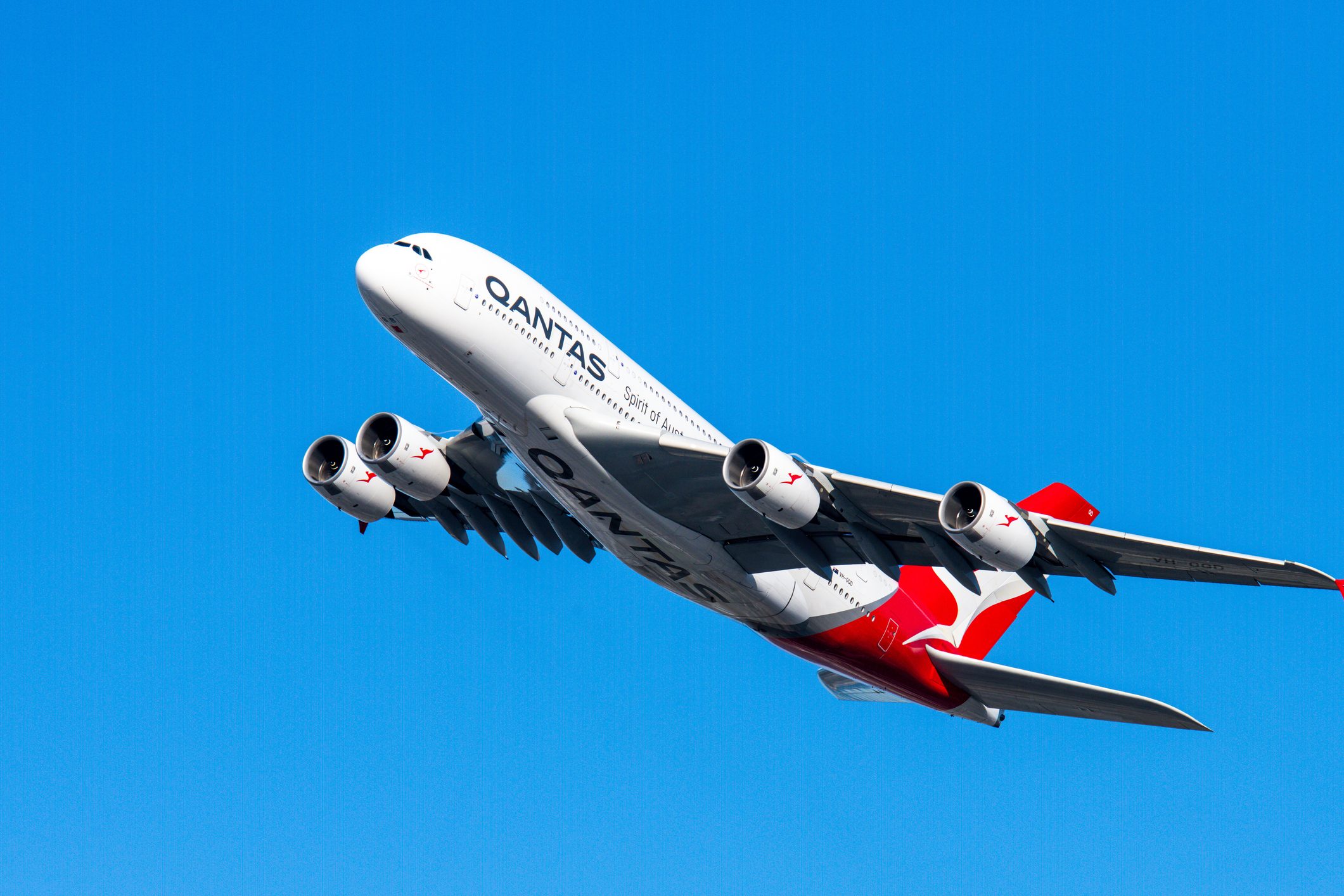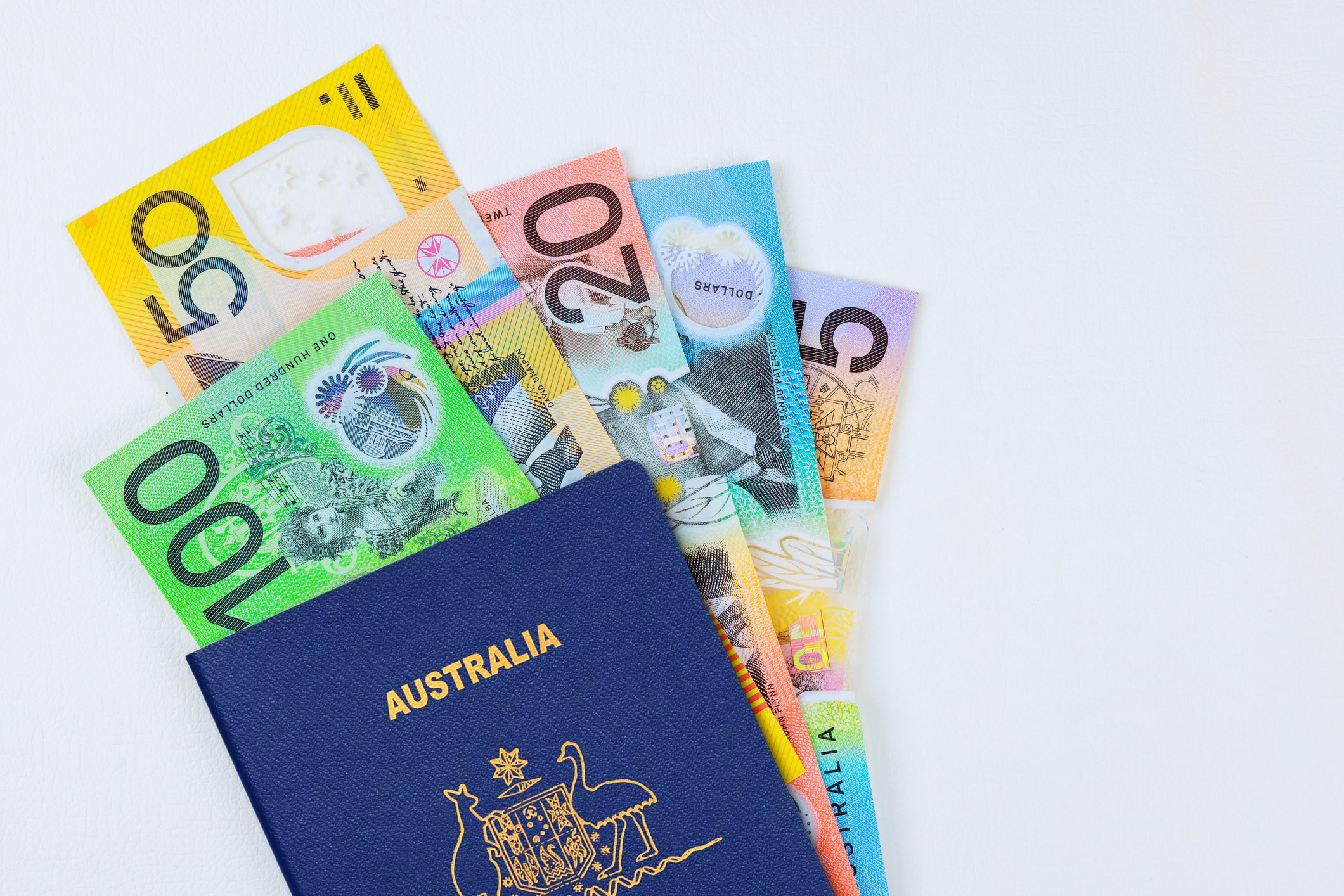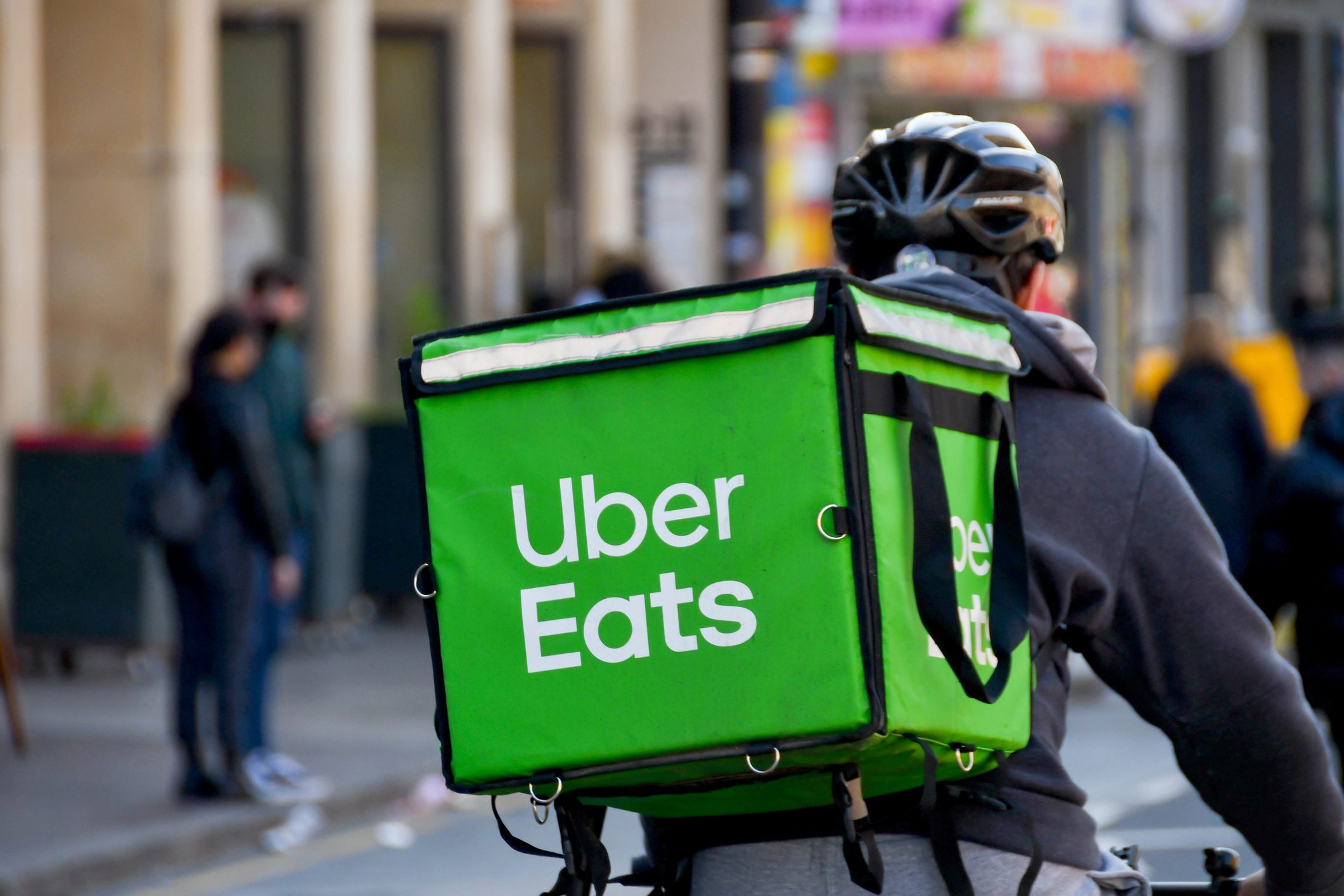
How ING’s Pocket Perks works and where you can score cashback
ING has launched a new feature called Pocket Perks, giving its customers cashback when they shop at a range of popular retailers. Instead of points or complicated sign-ups, the program is designed to work automatically in the backoground whenever you use an eligible ING card.








